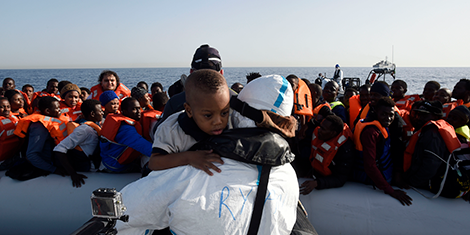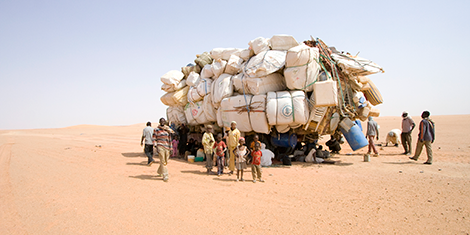
This article was originally published by the IPI Global Observatory on 12 October 2018.
Last month, president of the European Commission Jean-Claude Juncker proposed a new program that would aim to bolster economic growth in Africa as part of the European Union’s (EU) efforts to reduce irregular migration. Such a measure stands in contrast to others taken in recent years where, for example, Italy worked to stem the flow of migrants—with EU backing—by engaging local intermediaries, who have allegedly paid armed groups to cease smuggling. Avoiding the extreme flows of migrants as experienced in 2015 remains a top concern irrespective of the measures employed, not least to contain the rising tide of populism rooted in anti-migrant sentiment in Europe.




